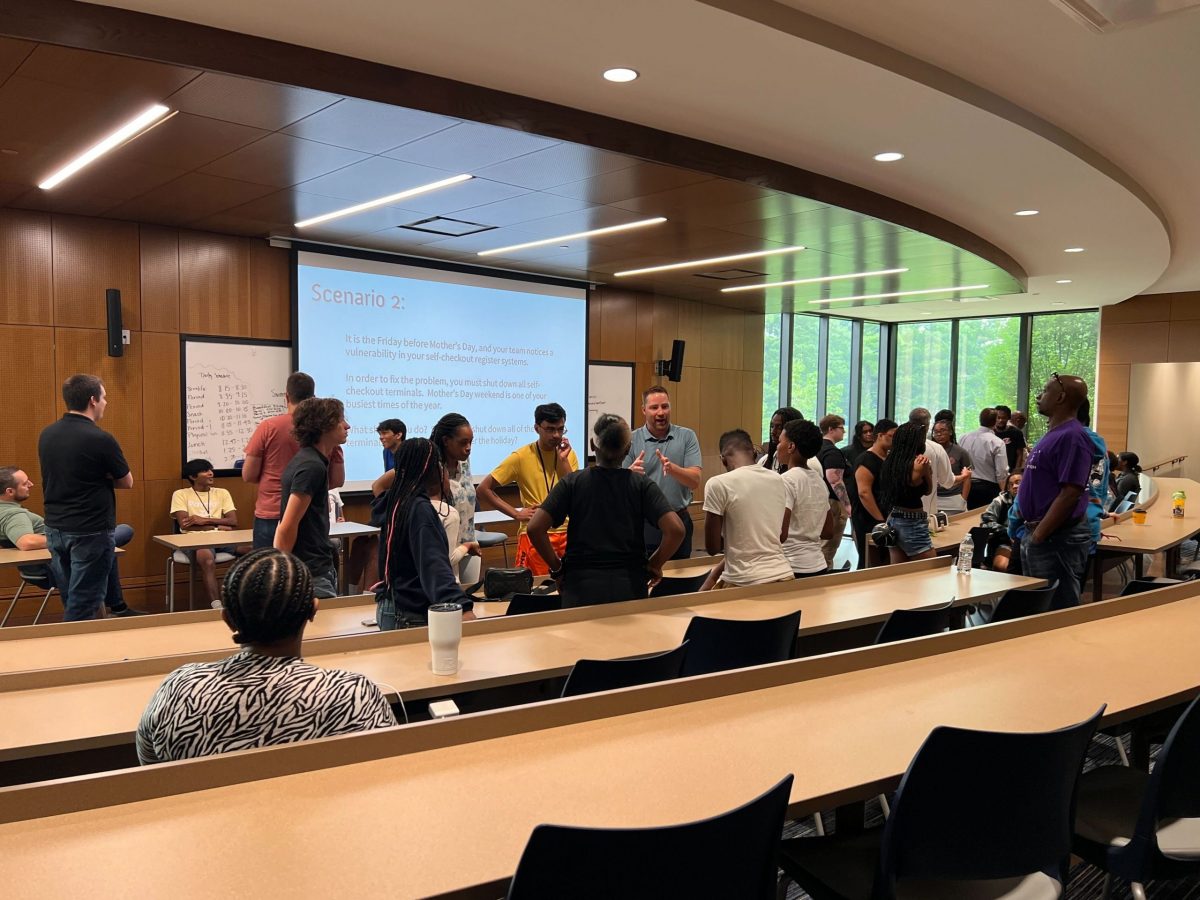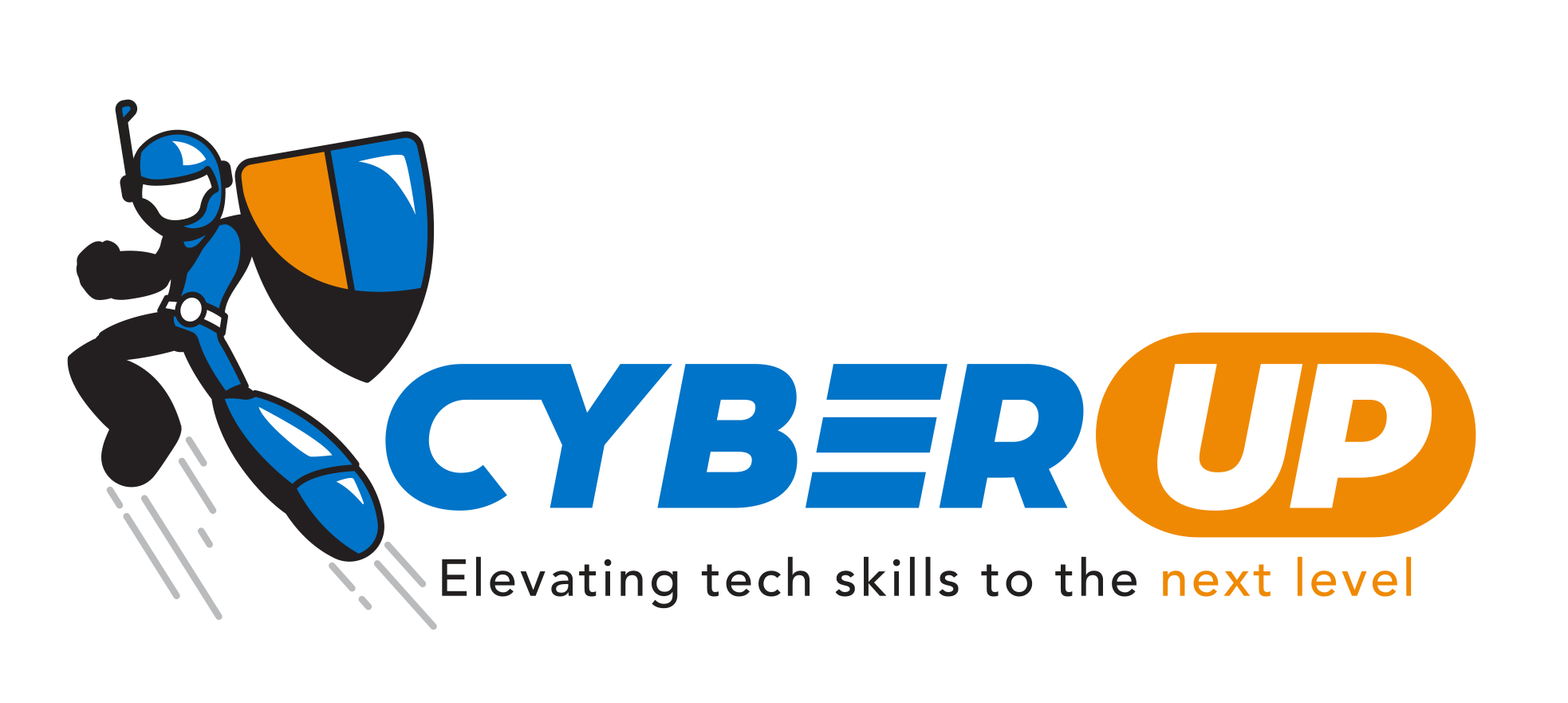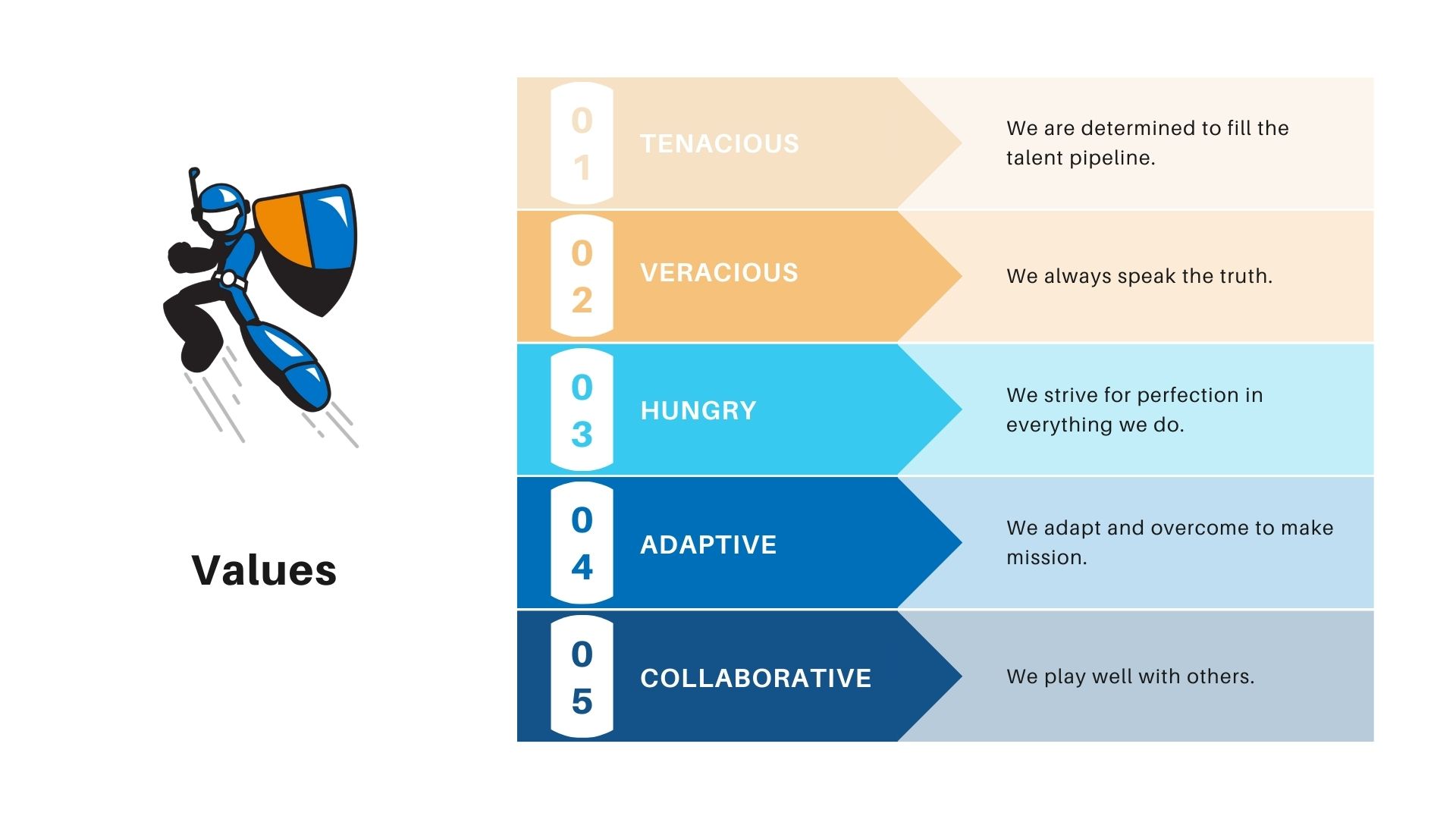The Hidden Costs in Hiring
Traditional Hire vs Apprenticeship
Have you noticed how challenging it is to find new employees in the cybersecurity industry lately? It seems like we're constantly playing catch-up with the number of people needed. As of this morning, May 11, 2023, there are over 750,000 cybersecurity job openings listed on cyberseek.org, and that number continues to grow. It's a real struggle!
To compound the issue, hiring new employees through traditional methods can be prohibitively expensive, and the costs only rise as the demand for talent increases. However, there may be alternative approaches worth exploring. Have you ever heard of apprenticeships as a potential solution to our hiring problems? Let's delve into that and examine the expenses associated with hiring new employees.
The Cost of Traditional Hires
Traditional hiring involves posting job advertisements, receiving applications, conducting interviews, and selecting candidates. This process can be quite costly, requiring businesses to invest time and money in various tasks, including:
- Job Advertisements: Companies must pay to post job advertisements on job sites or other platforms, and the advertising costs can vary based on the location and type of job.
- Recruiting Costs: Companies may also incur expenses associated with recruiting, such as hiring a recruiter or covering the costs of job fairs or other recruitment events.
- Screening and Interviewing Costs: Once the applications are received, companies must sift through them and conduct interviews with candidates. This process can be time-consuming and expensive, particularly if the company needs to cover travel expenses for candidates coming from out of town.
- Onboarding and Training Costs: Once a candidate is selected, the company must invest resources in onboarding and training the new employee.
The cumulative costs associated with traditional hiring methods can quickly reach $20K-$30K, or if you're fortunate enough to fill the position within a month of posting the job, around $16,999, as reported by James Elliot. Examining the cost breakdown is crucial.
The Cost of Apprenticeships
On the other hand, apprenticeships offer a cost-effective option for businesses. Apprenticeships involve hiring individuals with a work history and a passion for a new trade. Some of the benefits of apprenticeships include:
- No Recruitment Costs: Companies do not need to pay for job advertisements or recruiters when hiring an apprentice.
- No Screening Costs: Apprentices are already qualified and screened, saving the company time and money.
- Reduced Onboarding and Training Costs: Apprenticeships provide on-the-job training, allowing the apprentice to learn while performing the job.
- A More Skilled Workforce: Apprenticeships provide a structured learning environment that helps the apprentice develop job-specific skills and knowledge. This translates into a more skilled employee who can bring greater value to the company.
Why Apprenticeships are the Better Option
In addition to the cost savings associated with apprenticeships, there are other compelling reasons why they outshine traditional hires. Consider the following:
- Reduced Turnover: Apprenticeships provide apprentices with a structured learning environment and a clear career path, leading to increased job satisfaction and reduced turnover. According to a study mentioned in Apprenticeship USA, the average retention rate for apprentices is an impressive 93%.
- Better Cultural Fit: Since apprenticeships introduce individuals to the field, it allows for the cultivation of a well-aligned employee who fits seamlessly into your work environment. This, in turn, helps minimize conflicts in the workplace and fosters a positive team dynamic.
- A More Diverse Workforce: Apprenticeships play a crucial role in promoting workforce diversity by offering opportunities to individuals who may lack a traditional educational background or who come from underrepresented groups. By embracing apprenticeships, companies can tap into a broader talent pool and foster an inclusive work environment.
Conclusion
While traditional hires may initially appear more familiar and straightforward, the cost of employee acquisition can be exorbitant. Conversely, apprenticeships provide a cost-effective and invaluable alternative. By embracing apprenticeship programs, companies can create a workforce that is both highly skilled and diverse, effectively reducing turnover while providing a clear career trajectory for their employees.


%20(1)-2.png)
%20(4)-1.png)
%20(2)-1.png)





